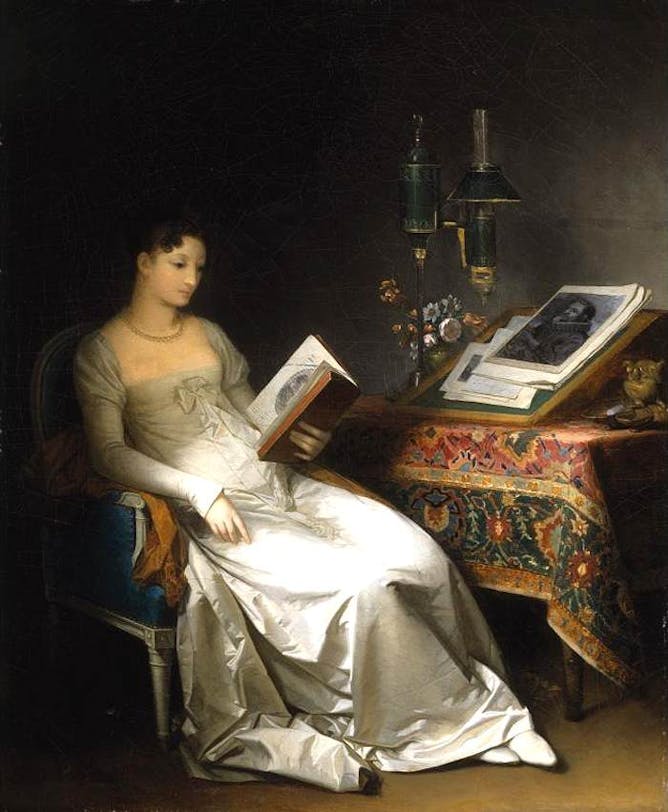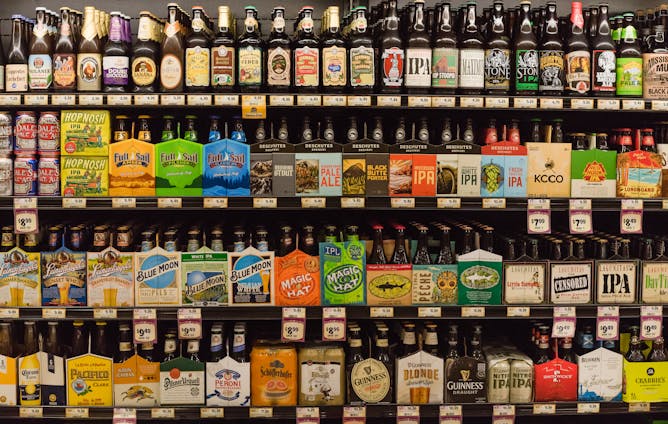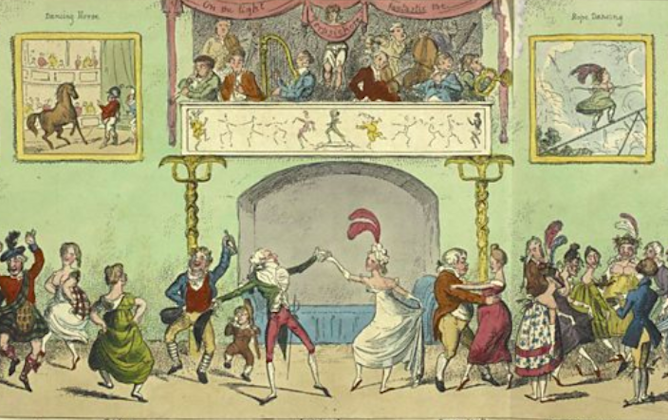|
|
|
Editor's note
|
|
It’s 30 years since the fall of the Berlin Wall, a historic moment that reunified Germany and triggered a series of events that would change the world.
At the time, political scientist Francis Fukuyama famously declared the moment the wall fell as “the end of history”. Its demise, he argued, drew a line under ideological arguments about how nations would live. Liberal democracy had emerged from the fray as “the final form of human government”. For a while it looked like he might be right, but rumbling doubts about neoliberalism that emerged in the 1990s have grown to a full-scale backlash today. Forces on the left and right are challenging liberal democracy and it now feels like all the cards have been thrown in the air again. We’ve been looking at how that argument is playing out in the 21st century.
And while it may not have marked the end of history, the end of the wall did have interesting repercussions in Africa and gave birth to the world’s most famous techno scene, as young people from either
side of Berlin came together to dance in the space left behind by the demolished landmark. However, it’s also the case that divisions between East and West Germany persist, even today.
Take a look into the fascinating history of how French women explored their political and creative identities in the late 18th and 19th centuries by starting their own journals. In some ways, these publications were precursors to the women’s magazines of the modern era, but at a time when women had no meaningful rights of their own, they were a revolutionary accomplishment.
This week we’ve also been snooping around Labour’s “warm homes” policy, scandalising with raunchy dancing and keeping it indy with craft beers.
|
Laura Hood
Politics Editor, Assistant Editor
|

|
|
|
|

Yann Forget/Wikimedia Commons
Jonathan Davis, Anglia Ruskin University
In 1989, Francis Fukuyama pronounced that history had ended. How wrong he was.
|

‘East German or West German?’
EPA/Rainer Jensen
Gareth Dale, Brunel University London
The collapse of the East German economy following unification has combined with racism and neoliberalism to feed far right support.
|

When the Wall came down: Berlin 1989.
Raphaël Thiémard
Beate Peter, Manchester Metropolitan University
Young people from both East and West Germany congregated in nightclubs which were hastily thrown up in the spaces where the Wall had dominated.
|

Lady Reading in an Interior (between 1795 and 1800).
Marguerite Gérard (1761–1837)
Siobhán McIlvanney, King's College London
In a turbulent period of French history, women's journals started to agitate for legal, political and cultural rights.
|

A home designed to Passivhaus standards, with solar panels and windows that help conserve heat.
Radovan1/Shutterstock
Jo Richardson, De Montfort University; David Coley, University of Bath
Housing currently accounts for almost one-fifth of the UK's annual carbon emissions.
|

Trong Nguyen/Shutterstock.
Maria Karampela, University of Strathclyde ; Juho Pesonen, University of Eastern Finland; Nadine Waehning, York St John University
In the UK today, the term 'craft beer' has so many associations that there's a danger it may end up meaning nothing at all.
|

Lords of the dance.
British Museum
Rachael Durkin, Northumbria University, Newcastle; Katherine Butler, Northumbria University, Newcastle
Channel 4 dating show Flirty Dancing is a reminder of the 18th century men who endured endless abuse to get Britain moving.
|
|
|
-
John J Stremlau, University of the Witwatersrand
Marking the end of the Cold War offers the chance to reflect on the changes and continuities in African politics and international relations since 1989.
-
Rola El-Husseini, Lund University
Site of some of the most iconic images from the ongoing protests, Lebanon's second largest city, Tripoli is a place of contrasts and extremes.
-
Ian Hughes, University College Cork
Discussing the mental health of leaders such as Donald Trump is controversial. But it's vital to understanding how disordered leaders rise to power.
-
Michaela James, Swansea University; Sinead Brophy, Swansea University
We found that 13- and 14-year-old teens from deprived areas already showed signs of developing heart disease – but also made some surprising discoveries about what factors can lead to a healthy heart.
-
Roger Awan-Scully, Cardiff University
Nearly 60 members of parliament have said they won't run again in 2019. It's worth looking closely at who they are and why they are quitting.
-
Julie Broderick, Trinity College Dublin
A guide to physical activity for those over 60, from the lifetime physically active to the late starter.
-
Megan Arnot, UCL
Struggling with menopause symptoms? New research shows that who you live with may be partially to blame.
-
Stephanie Jenouvrier, Woods Hole Oceanographic Institution
Emperor Penguins thrive in harsh conditions, but a new study shows that their fate depends on human action to slow global warming and associated loss of sea ice.
-
Rebecca Janzen, University of South Carolina
Who are the LeBarons, the Mexican-American Mormons who lost nine family members in a massacre on Nov. 4.?
|
|
| |
Featured events
|

|
Crowne Plaza, 61 Holmder Road,, Solihull, Solihull, B91 EQD, United Kingdom of Great Britain and Northern Ireland — University of Birmingham
|

|
UCL, Gower Street, London, WC1E 6BT, United Kingdom of Great Britain and Northern Ireland — UCL
|

|
Julian Study Centre Lecture Theatre, University of East Anglia, Norwich, Norfolk, NR4 7TJ, United Kingdom of Great Britain and Northern Ireland — University of East Anglia
|

|
G10, Palmer Building, Whiteknights Campus, University of Reading, Reading, West Berkshire, RG6 6UR, United Kingdom of Great Britain and Northern Ireland — University of Reading
|
|
|
|
| |
| |
| |
| |
| |
|
|
|
|
|
|
|